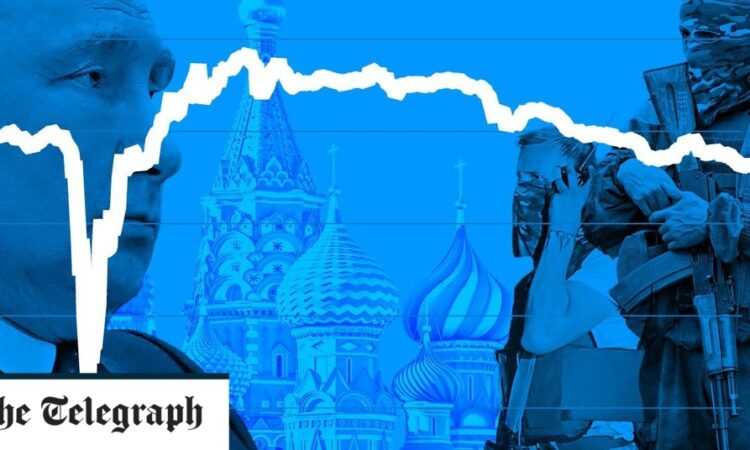
“Greater military spending, a larger mobilisation of resources and a lower commitment among policymakers to fiscal discipline and inflation-targeting could lead to much weaker macroeconomic stability in Russia.”
That is not to say that Capital Economics is expecting “Russia will turn into a full-blown war economy”. “There’s no indication that President Putin is willing to go down this route. Even so, any increase in military efforts could be met with further Western sanctions, leave Russia more exposed to lower oil prices and weaken Russia’s resilience.”
Maximillian Hess, an academic and author of a forthcoming book about Russia’s war, warns that, ultimately, the Russian economy could end up as isolated as its leader.
In his view, what is likely to happen is the economic players who are aligned to the Russian security forces known as siloviki will “double down on arguments that the state needs more control everywhere”.
“I expect consolidation across key industries and have for a while but while my previous timeline was that, in three to four years, there will be only a few major metals companies and only one oil company – Rosneft – this could be sped up as a result.”
This will change Russia’s economy forever, he believes. “The economy will go from an autocratic system with elements of capitalism to an autarkic one with the false veneer of it.”






